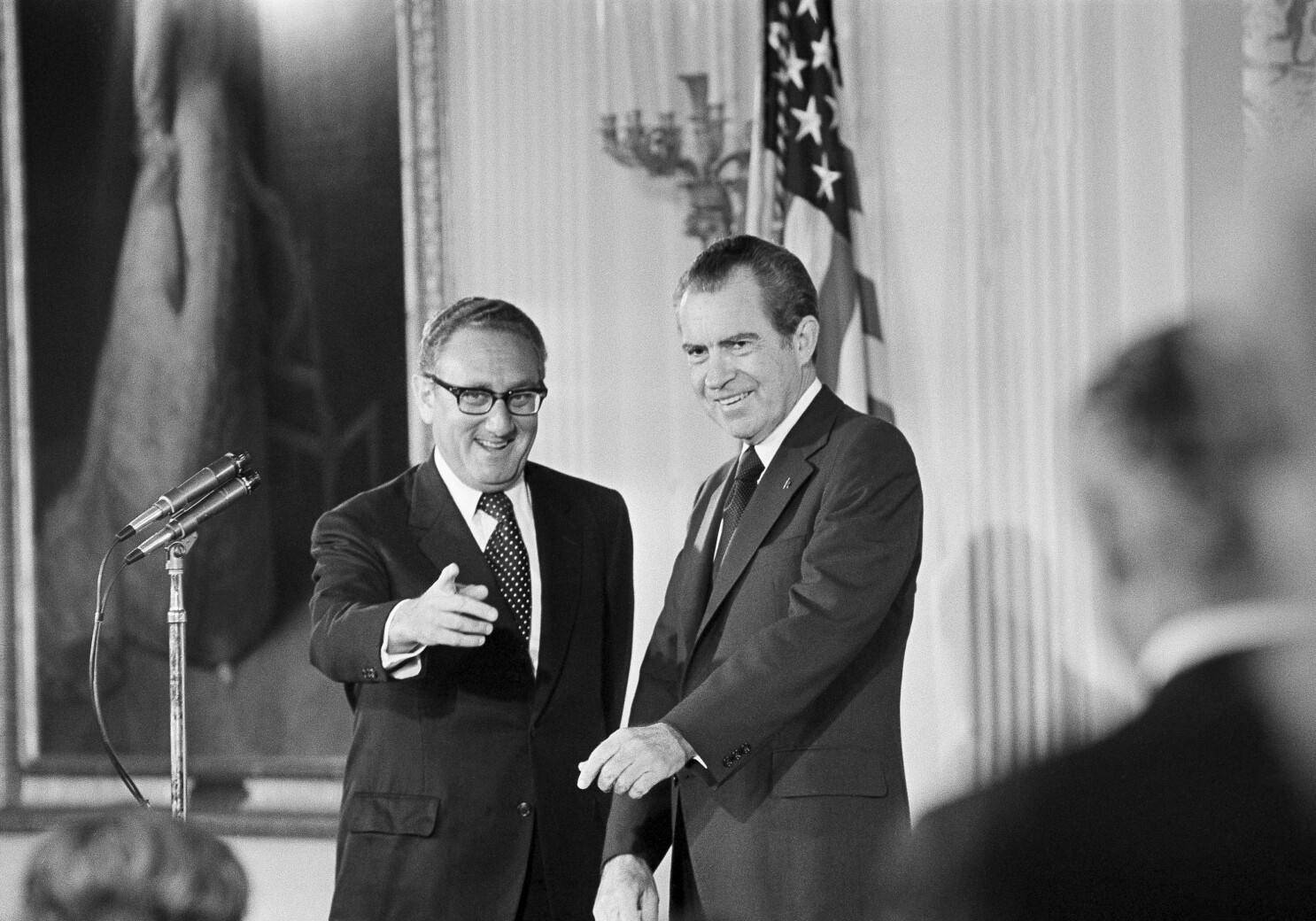
[Add intro] Maybe even a table of content?
Transparency, and the decisions we make
We often live our lives with a set of concrete, absolute ideas. This pattern arises in almost every aspect of our lives, whether its in politics, our knowledge and understanding of technical concepts, how we perceive certain people, religions, or even how we react to certain events(e.g. when our responsibility is questioned, how do we divert the attention? Do we tend to blame others instead?), and the list goes on. Maybe sometimes, it is driven purposely by a specific goal, like monetary gain, which I believe can be a completely plausible decision(obviously situation dependant).
But I think this kind of conviction can be rather blinding. The adamant quality can bar oneself of their full potential. You've ought to be especially careful with yourself, or as feynman puts it,
You must not fool yourself, and you are the easiest person to fool.Not many things should be set in stone in your head as they are.
Your life has an outcome of multiple futures, and the direction in which you gravitate towards is dependant on the series of decisions you make. Your future outcome is a function of the decisions you make. And when you want to make optimal and rational decisions, you wouldn't want to willingly blind and mislead yourself, that would be quite foolish!
In Kissinger's book "Leadership", he briefly mentions a concept called an impartial spectator, derived from Adam Smith: it's another "you" that accompanies along your journey, in which he judges and observes your actions objectively by standing outside yourself, in a third person point of view. The likes of great people(e.g. Nixon) lived by the principles or at least something synonymous to it, and I'd like to think that it's a reoccurring concept with those whom constantly strive for the better. I like to call this radical transparency.
He mentions in his book that Nixon seemed to live his life haunted by the insecurities and self-doubt that this kind of transparency brought him.
For me, although the magnitude of responsibility of the decisions differ by insurmountable orders between Nixon and myself, this kind of critical awareness has also derailed me in similar ways, and I recently came to the temporary conclusion that it's better to find a fine medium, and in return the quality of my life has been much higher since.
And if Nixon, the president of the united states spiraled into this kind of negativity, yknow, the person once elected to make the most important decisions in the world, I think it's a telltale sign that the drawbacks of this kind of radical transparency can be rather daunting. So is this still even worth pursuing?
The price of this objective transparency is seemingly quite hefty, but then I think that the shear amount of missed opportunities will undoubtedly compound over time if you don't try and adhere by this principle, and to me this itself makes the pursuit well worth it.

(Kissinger served key roles as a national security advisor and later a secretary of state for the Nixon Adminisitration, so I would like to think that the observations are quite credible.)
Experience, the opportunity to break free
Experience helps us unravel the biases that we may have been living with (I think this is partly due to the fact that different set of experiences helps us open our eyes to how big and intricate the world is.) That's why a diverse set of experiences is so valuable.But sometimes we are not to fully blame for the biases we may have. In the earlier stages of our lives, we are often unknowingly highly dependent on our parents and/or the environment we grow up in, and thus alot of the things we think about, or even the ways we think isn't truly "ours".
Thought experiment(rough copy): nowadays internet exists so the younger generations can end up molding more into what they see/encounter online, probability wise, it probably lowers the chances of molding similar like their parents/environment, or just not as likely in comparison to pre internet. IDONTKNOW IF THIS IS TRUE. Not saying this is inherently a bad thing, but its more like a double edged sword.
It's one of the reasons why I believe that moving far away from home is a wise decision more often than not.
And as you near the end of this adolescent phase, you become more independent and start to truly form your own opinions based on your own set of unique experiences, and it's up to the individual to determine whether they want to slowly part with old ways that may not be a net positive in the long run. It's one of those key decisions that may play a significant role in how your life unravels.
Is the rampant busyness of the city suffocating, or the ever so mundaneness of a small town feels lack luster? Well maybe time to rethink about where we want to live, and the kinds of experiences we want.
Pain and Suffering
In progress...
Q: Are the calamities of our lives truly all that bad?
The degree of suffering may vary, but to each their own, the hell in which they are siutuated in seems the hottest.
pain and suffering can often be very debilitating, and can people spiraling down this hole that they are never able to come out of, or it can absolutely make people incredible, and helps them take the next step forward. They are in sense, potential inflection points of your life, and its important to recognize them and deal with it accordingly.
Social media
In progress...Pursue learning
In progress...Final Thoughts
In progress... [write up the conclusion]Through the pain and constant self reflection,
we are able to stay in an internal state of permanent revolution,which is what moves us forward, and is something well worth abiding by.